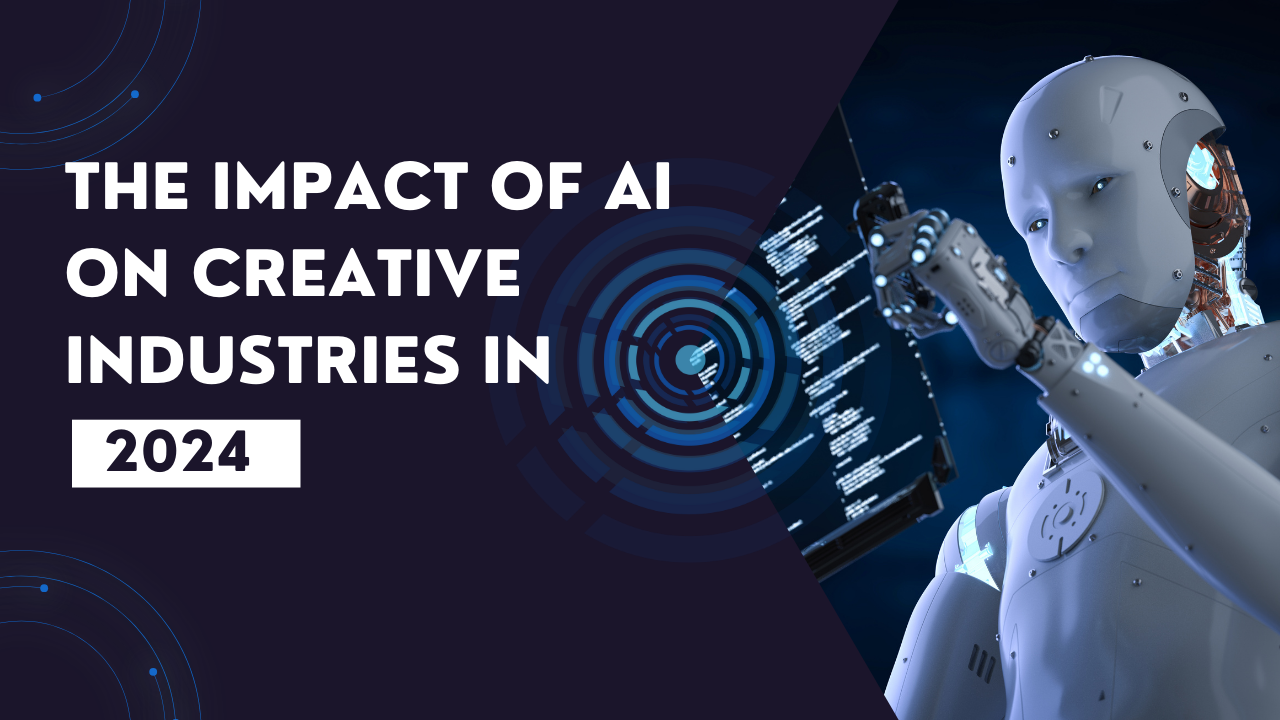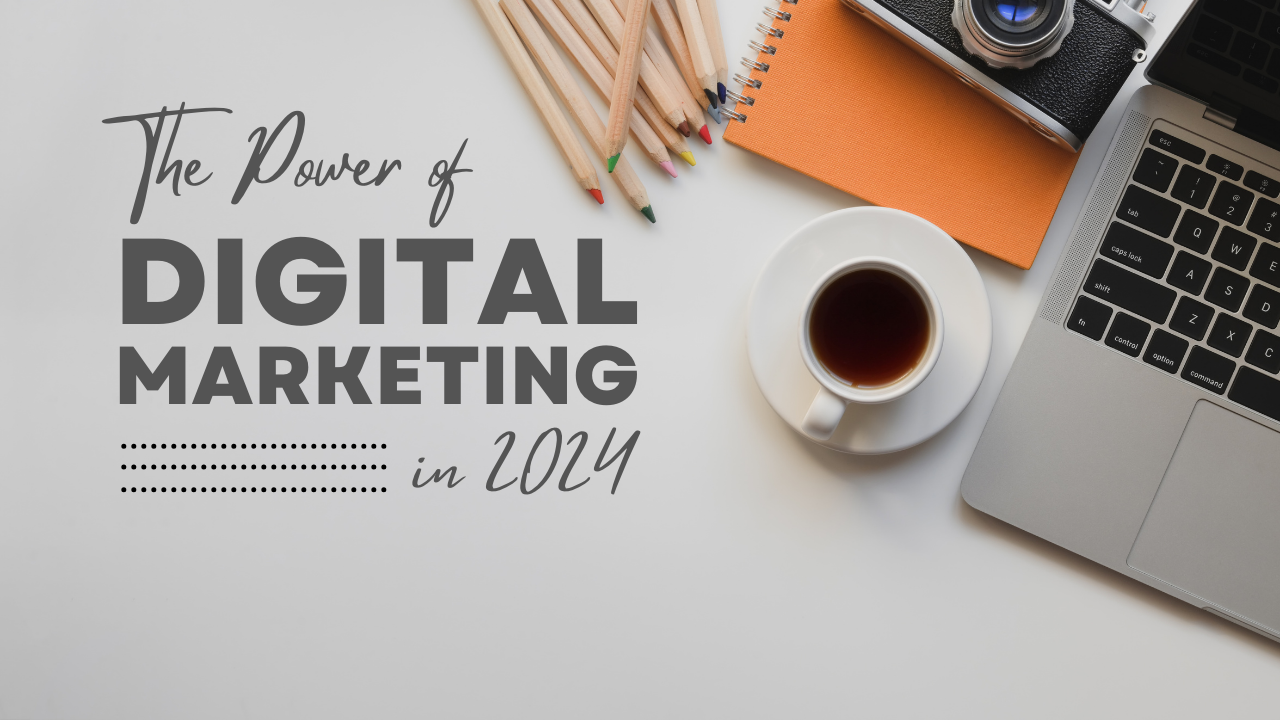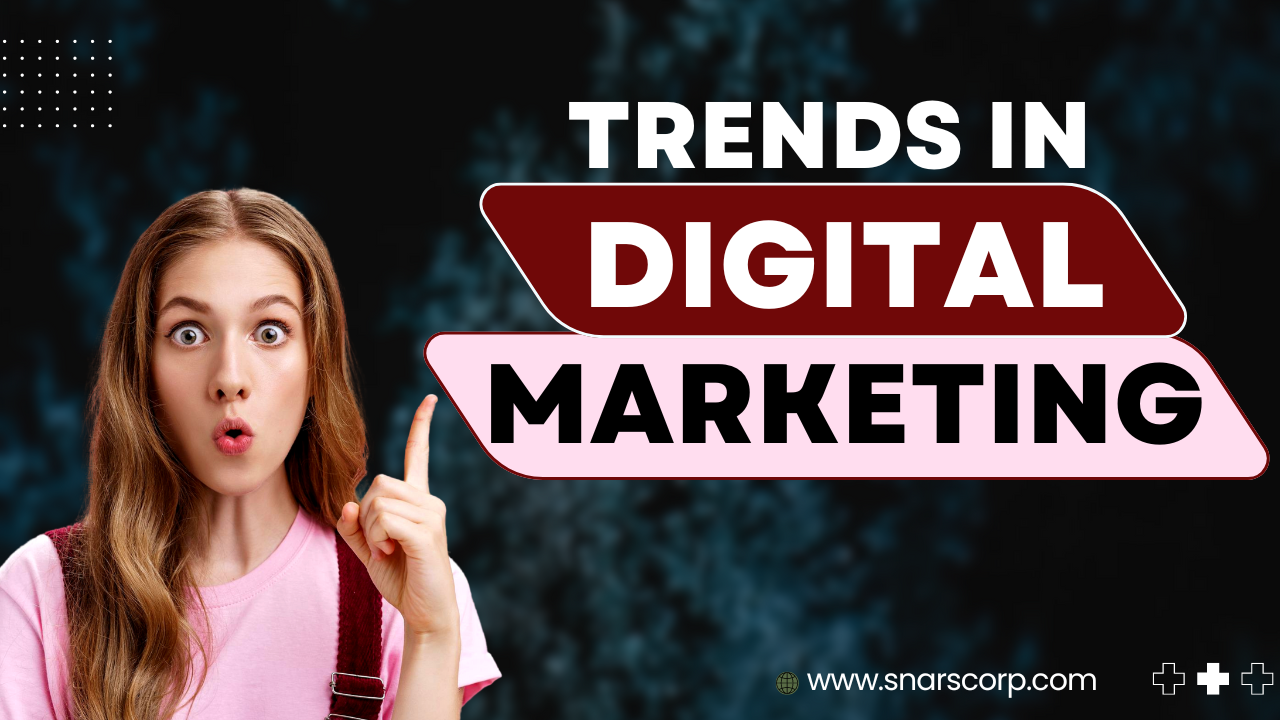Unlocking the Future: How Artificial Intelligence (AI) and Human Creativity Dance Together in Work and Life

Artificial Intelligence (AI) has become an integral part of our daily lives, transforming the way we work and interact with the world around us. In this article, we’ll delve into the profound impact AI is poised to have on the future of work and life, exploring both the advantages and disadvantages that come with this technological revolution.
AI in the Workplace
AI is reshaping the traditional workplace by automating routine tasks, leading to increased efficiency and productivity. The introduction of AI technologies has also paved the way for new job opportunities, particularly in the field of data science, machine learning, and Artificial Intelligence (AI) development.
AI in Everyday Life
Beyond the workplace, Artificial Intelligence (AI) is seamlessly integrated into our everyday lives. Smart homes equipped with AI-powered devices, personalized recommendations from virtual assistants, and advancements in AI-driven healthcare solutions are just a few examples of how AI is enhancing our daily experiences.
Advantages of Artificial Intelligence (AI) in Work and Life

The advantages of AI are multifaceted. Streamlining processes, improving decision-making through data analysis, and enhancing overall convenience and comfort are among the key benefits. AI’s ability to analyzes vast datasets in real-time empowers businesses and individuals alike.
Disadvantages of Artificial Intelligence (AI) in Work and Life

However, with great power comes great responsibility. The rise of AI raises concerns about job displacement, privacy issues, and ethical considerations. As AI systems become more sophisticated, the need for comprehensive regulations and ethical guidelines becomes increasingly apparent.
The Evolving Job Landscape
The integration of AI into the workforce necessitates a shift in skill requirements. While routine tasks may be automated, there is a growing demand for skills in creativity, emotional intelligence, and adaptability. Lifelong learning becomes imperative for staying relevant in this evolving job landscape.
Artificial Intelligence (AI) and Social Impact
AI has the potential to address pressing societal challenges, but it also poses the risk of exacerbating existing inequalities. The ethical responsibility of AI developers to create solutions that benefit society as a whole cannot be overstated.
Artificial Intelligence (AI) and Personalization

One of the remarkable aspects of AI is its ability to provide personalized experiences. From tailored user interfaces to customized learning paths, AI is reshaping how individuals interact with technology, influencing preferences and choices.
Overcoming Challenges
To harness the benefits of Artificial Intelligence (AI) while mitigating its risks, it is crucial to establish ethical AI development practices, implement robust policies and regulations, and foster collaborative efforts for responsible AI use.
AI and Human Collaboration
The future lies in the collaboration between AI and humans, with AI augmenting human capabilities and fostering innovation. Embracing teamwork between humans and AI will be essential for addressing complex challenges and driving progress.
Adapting to the AI Era
As we stand on the cusp of the AI era, embracing change and cultivating a continuous learning mindset are paramount. Flexibility in career paths and an openness to new possibilities will be key to thriving in a world where AI plays an ever-expanding role.
Human-AI Collaboration in Creative Industries

The fusion of human ingenuity and AI capabilities is evident in collaborative projects across various creative disciplines. Musicians use AI to compose innovative pieces, artists incorporate AI-generated elements into their works, and writers experiment with AI-driven storytelling tools.
The Dark Side: Challenges of AI in Creativity
While AI brings forth a wave of innovation, it also casts shadows. Concerns about job displacement in creative fields, the potential loss of the human touch in art, and the risk of perpetuating biased narratives through AI-generated content require careful consideration.
FAQs on AI Impact
- What industries will be most affected by AI?
- AI is poised to impact a wide range of industries, including manufacturing, healthcare, finance, and customer service.
- How can individuals prepare for the AI-driven future?
- Individuals can prepare by acquiring skills in areas such as data science, machine learning, and emotional intelligence. Lifelong learning and adaptability are key.
- Are there potential risks in relying too much on AI?
- Yes, risks include job displacement, privacy concerns, and the ethical implications of AI decision-making.
- Can AI truly understand and replicate human emotions in creative works?
- AI is making strides in emotional intelligence, but the nuanced depth of human emotions remains a complex challenge.
- How can creative professionals adapt to the integration of AI in their fields?
- Creatives can embrace AI as a tool for inspiration and efficiency while focusing on uniquely human aspects like emotional storytelling.
- What safeguards are in place to prevent AI-generated content from perpetuating biases?
- Ethical guidelines and regulatory frameworks are being developed to address biases and ensure responsible AI use in content creation.











